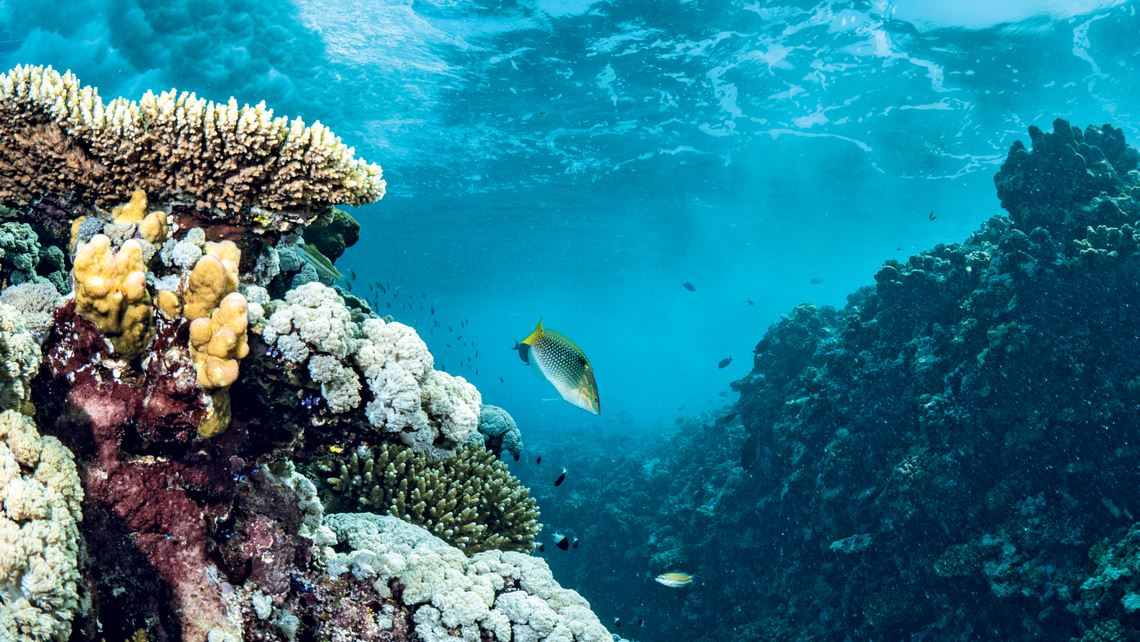It may be possible to reduce coral death caused by ocean warming associated with climate change. When seawater rises by just a few degrees, coral loses the photosynthetic algae that live inside its cells, providing nutrients and oxygen. As a result, it undergoes a process known as bleaching and then dies. Laboratory experiments carried out by researchers in Brazil and abroad have now shown that coral death can be reduced by up to 40% in a relatively simple way: by treating them with a mixture of six species of bacteria normally found on healthy reefs. As part of her doctoral research supervised by Raquel Peixoto, a biologist from the Federal University of Rio de Janeiro (UFRJ), Erika Santoro submitted samples of the Mussismilia hispida brain coral collected from the Brazilian coast to conditions that induce bleaching: gradually increasing water temperature from the usual 26 degrees Celsius (°C) to 30 °C, then reducing it again after 10 days. She treated some of the coral with the bacterial mixture, and the rest with saline, which functioned as a placebo. All specimens from the test group were alive at the end of the experiment. Only 60% the placebo group survived (Science Advances, August 13).
RepublishBiodiversity
Transplanting microorganisms reduces coral death

Bacteria treatment increases resistance to the effects of temperature change
Morgan Bennett-Smith & Michael Berumen / KAUST

